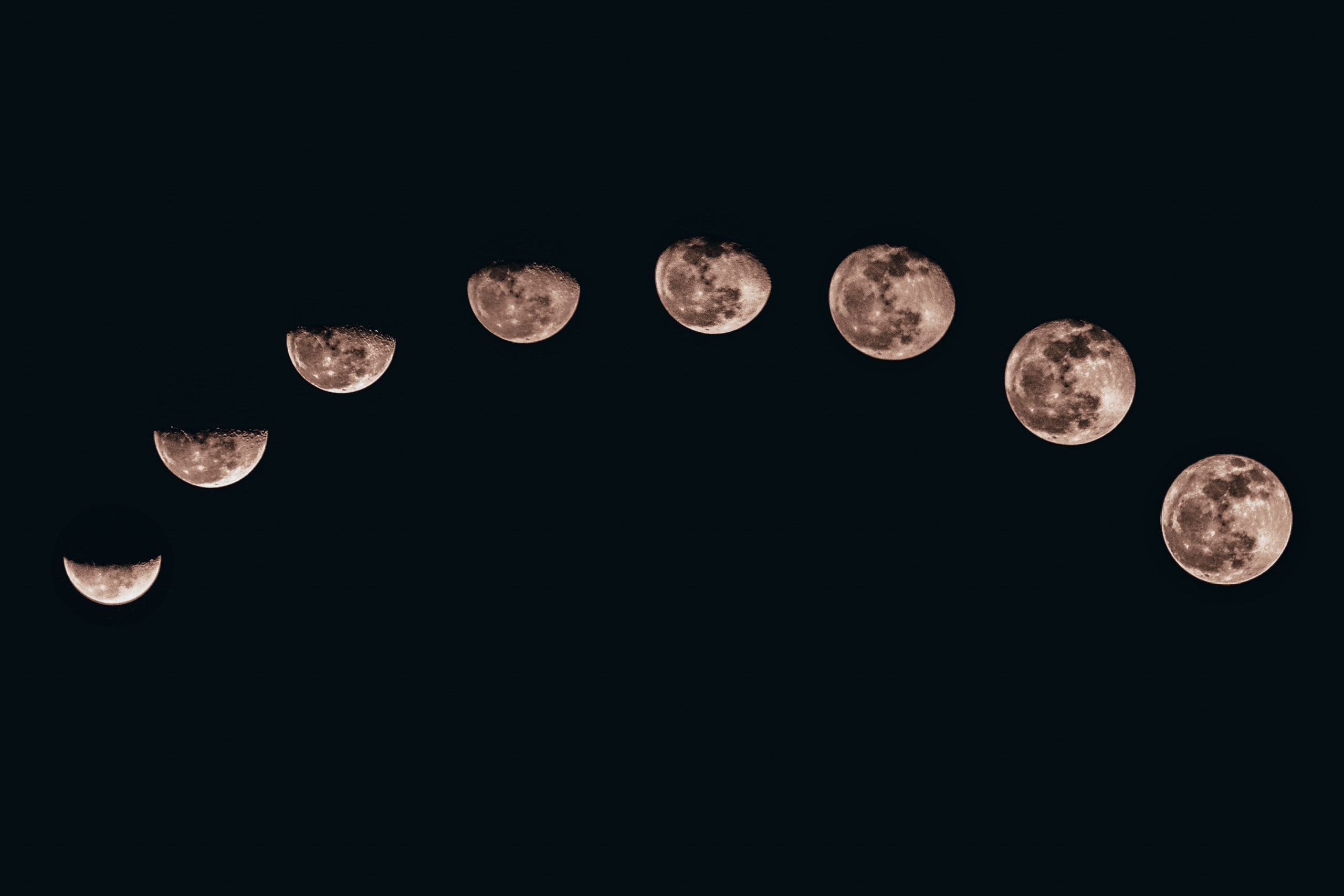I Ching Divination: Unveiling the Secrets of the Oracle
Ancient Chinese philosophy and culture are rich with wisdom that continues to captivate and inspire people across the globe. One such treasure from the East is the I Ching, often referred to as the Book of Changes. Dating back more than 3,000 years, this revered divination tool offers profound insights into the complexities of life.
1. The Origins of the I Ching
The I Ching can be traced back to the Zhou Dynasty in China. It was originally an oral tradition, passed down through generations. The text was eventually compiled and recorded during the Warring States period (475–221 BCE), cementing its status as a classic of Chinese literature and philosophy.
The I Ching is attributed to the sage King Wen and his son, the Duke of Chou. Legend has it that King Wen was unjustly imprisoned by the ruling Shang Dynasty, but his remarkable character and wisdom resonated with the people. During his captivity, King Wen devised the hexagrams, a series of six-line figures representing various natural and human phenomena.
The I Ching is divided into two main sections: the “Judgments of King Wen” and the “Explanations of the Images” by the Duke of Chou. Later scholars added additional commentaries, expanding its interpretations and applications.
2. Understanding the Structure
The I Ching is composed of 64 hexagrams, each made up of six stacked horizontal lines. These lines can be either solid (—, representing the yang or masculine energy) or broken (–, representing the yin or feminine energy). The combination of these lines creates a unique hexagram, which is associated with a specific meaning.
To cast a hexagram, ancient practitioners used yarrow sticks or coins. Today, most people use either traditional coins or a set of three coins labeled with yin and yang symbols. By performing a series of coin tosses or stick drops, the practitioner creates a hexagram and determines its corresponding meaning.
Each hexagram also includes a judgment and a commentary. The judgment offers a concise statement summarizing the overall message of the hexagram, while the commentary dives deeper into the nuances and implications of the hexagram’s symbolism.
3. The Yin and Yang Dynamic
Central to the I Ching philosophy is the concept of yin and yang, the balance of opposites. Yin represents darkness, passivity, and femininity, while yang symbolizes light, activity, and masculinity.
In the I Ching, yin and yang are not seen as opposing forces, but rather complementary energies that continuously interact and transform. Each hexagram represents a particular combination of these energies in a specific context.
Depending on the arrangement of solid and broken lines within a hexagram, different patterns and meanings emerge. For example, a hexagram with predominantly solid lines is considered more yang in nature, signaling strength, action, and progress. Conversely, a hexagram with predominantly broken lines is associated with yin energy, conveying receptiveness, reflection, and adaptability.
4. Consulting the I Ching
Many people turn to the I Ching as a guide for decision-making, seeking clarity and insight into a specific situation or question. The divination process involves casting a hexagram and interpreting its meaning within the given context. Traditional I Ching castings involve multiple hexagrams, reflecting the changing nature of life.
To perform an I Ching consultation:
- Quiet your mind and focus on your question or situation.
- Toss the coins or drop the yarrow sticks, jotting down the results to create the initial hexagram.
- Divide the hexagram into two trigrams, each consisting of three lines.
- Consult the corresponding judgments, commentaries, and interpretations for each trigram.
- Interpret the full hexagram, considering the dynamics between the trigrams and any changing lines.
- Reflect on how the insights gained can inform your understanding and decision-making process.
5. Applying the Wisdom
While the I Ching is a powerful tool for divination, its wisdom extends beyond predictions and guidance. The principles and philosophies embodied in the I Ching have inspired countless individuals, guiding them towards a deeper understanding of themselves and the world.
Here are a few ways you can apply the wisdom of the I Ching in your daily life:
| 1 | Use the I Ching as a contemplative practice, gaining insights into your own mindset and behaviors. |
|---|---|
| 2 | Seek guidance on major decisions, allowing the I Ching to offer alternative perspectives and considerations. |
| 3 | Apply the I Ching’s teachings on balance and harmony to cultivate more fulfilling relationships. |
| 4 | Explore the I Ching’s symbolism and philosophy to deepen your understanding of ancient Chinese culture. |
| 5 | Engage in discussions and study groups with others interested in the I Ching, exchanging insights and interpretations. |
6. The Timeless Wisdom
The enduring popularity of the I Ching throughout the centuries attests to its timeless wisdom and relevance. It has transcended borders, languages, and cultures, captivating seekers of knowledge and truth.
By engaging with the I Ching, we tap into a wellspring of knowledge that connects us to ancient wisdom. Whether used as a divination tool or as a guide for personal growth, the I Ching offers profound insights into the ever-changing nature of existence and the delicate balance between opposing forces.
As we navigate the complexities of life, the I Ching reminds us to seek harmony, embrace change, and approach each situation with wisdom and balance.
Table of Contents
